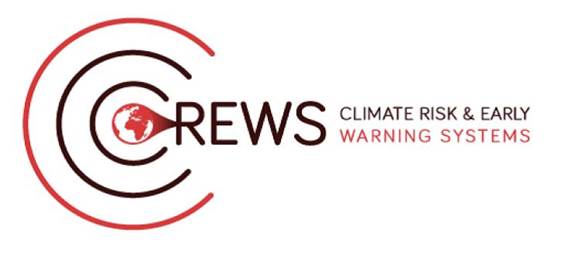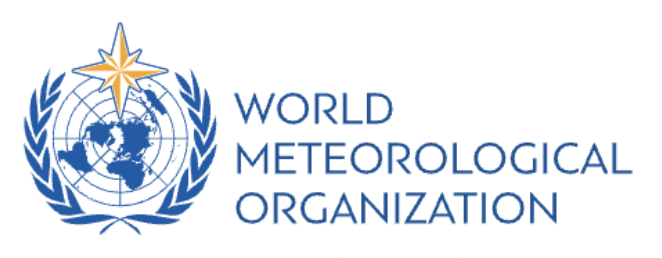Women and disability at the core of early warning action
How to ensure early warning and early action don’t leave women and people with disabilities behind? With Pacific countries and communities dispersed over a vast Ocean, reaching everyone is exacting. Consultations with women’s groups, community members, older people with disabilities, and leaders of 7 rural, urban, and coastal communities in Fiji aimed to understand how diverse groups access, disseminate, and respond to early warnings. The study considered socio-economic, cultural, and gender norms’ impact on hazard vulnerability and reaction to warnings. Identified gaps and good practices are fed into gender and disability-inclusive guidelines and checklists. They will help Met Services and disaster risk entities mainstream gender and disability into every early warning element to enable early action – saving more lives.

